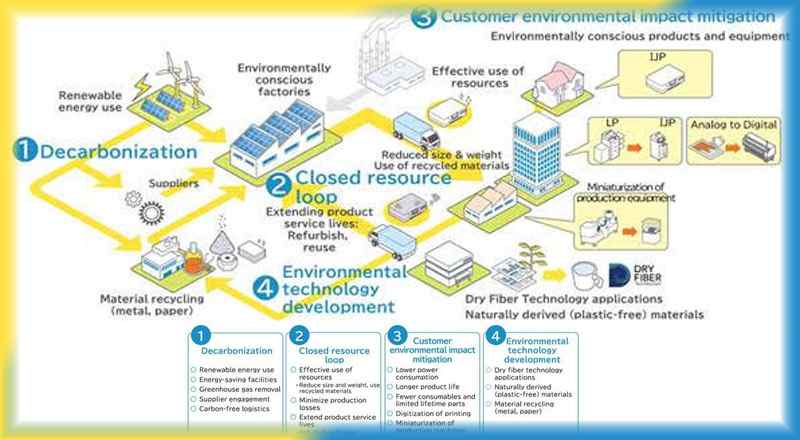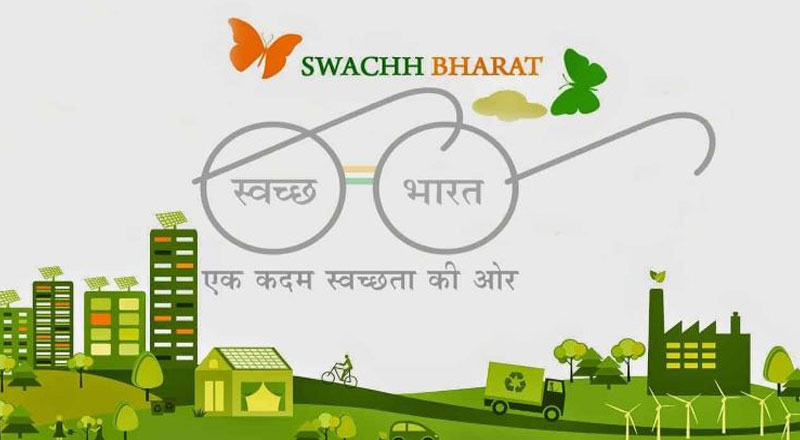Epson, a world leader in digital imaging and printing solutions has renewed Environmental Vision 2050, a statement of the company’s environmental goals for 2050, to achieve sustainability and enrich communities. Epson will become carbon negative and underground resource1 free by 2050.
Epson was founded in 1942 in Suwa, a city located in the rich natural environment of Nagano, Japan. Harmonious co-existence with the communities in which it operates has always been a cornerstone of the company, and even as its operations have expanded globally, its culture of respect for the environment has never wavered, and it has always maintained ambitious environmental goals. Epson established Environmental Vision 2050 in 2008 and revised it in 2018 to realign it with a changed operating environment.
This latest revision was made as part of the Epson 25 Renewed corporate vision, which set “achieving sustainability and enriching communities” as the company’s aspirational goal. Specifically, Epson set goals that clearly show its commitment to tackling the major societal issues of decarbonization and resource recycling, and the company will proceed with concrete efforts to achieve them.
Environmental Vision 2050
Epson will become carbon negative and underground resource1 free by 2050 to achieve sustainability and enrich communities.
■ Goals
- 2030: Reduce total emissions in line with the 1.5℃ scenario2
- 2050: Carbon negative and underground resource1 free
■ Actions
- Reduce the environmental impacts of products and services and in supply chains
- Achieve sustainability in a circular economy and advance the frontiers of industry through creative, open innovation
- Contribute to international environmental initiatives
1Non-renewable resources such as oil and metals
2 Target for reducing greenhouse gas emissions aligned with the recommendations of the Science Based Targets initiative (SBTi).
The Epson 25 Renewed corporate vision includes Environmental Vision 2050. In line with this vision, Epson will pursue decarbonization and resource recycling programs, provide products and services that reduce environmental impacts, and develop environmental technology.
Epson plans to spend and invest 100 billion yen on decarbonization, resource recycling, and environmental technology development over the next ten years. It expects these efforts to enable the company to reduce greenhouse gas emissions in the supply chain by more than two million tonnes. Even apart from this 100-billion yen investment, Epson will concentrate its management resources on developing products and services that reduce the environmental impacts of its customers.
Furthermore, Epson has decided that its worldwide Group sites3 will all meet their electricity needs from 100% renewable energy sources (renewable electricity) by 2023.
3 Excludes leased properties for sales offices, etc. where the amount of electricity consumed cannot be determined
Aspiring to be trusted throughout the world for our commitment to openness, customer satisfaction, and sustainability, Epson is committed to achieving sustainability and enriching communities and ensuring that its businesses operate in an environmentally conscious manner.





